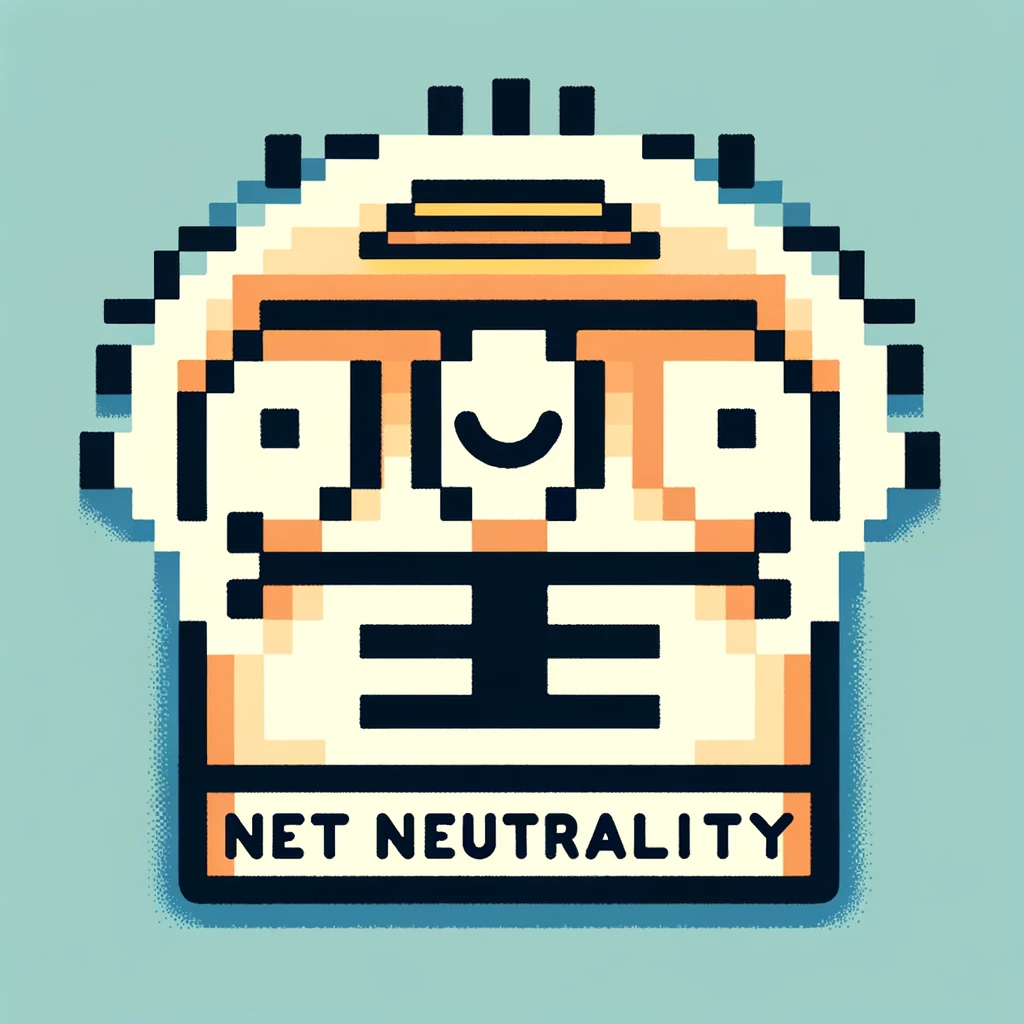152 reads
Net Neutrality: Balancing ISP Power for a Fair Internet
by
April 5th, 2024
Audio Presented by

At NetNeutrality.Tech we treat all data on the Internet the same way and all users have equal access to online content.
Story's Credibility

About Author
At NetNeutrality.Tech we treat all data on the Internet the same way and all users have equal access to online content.
